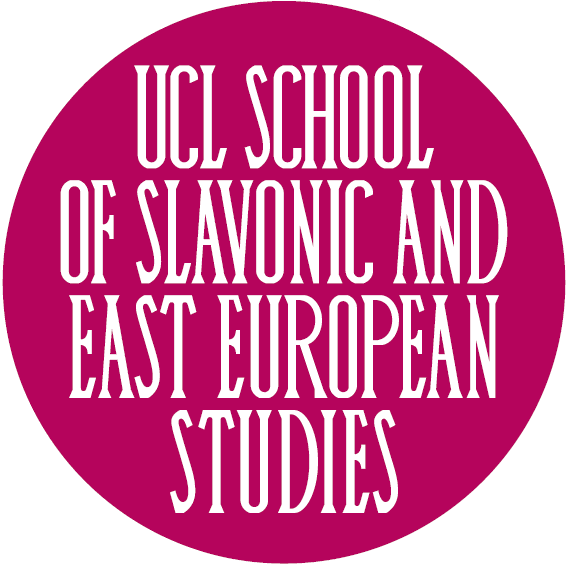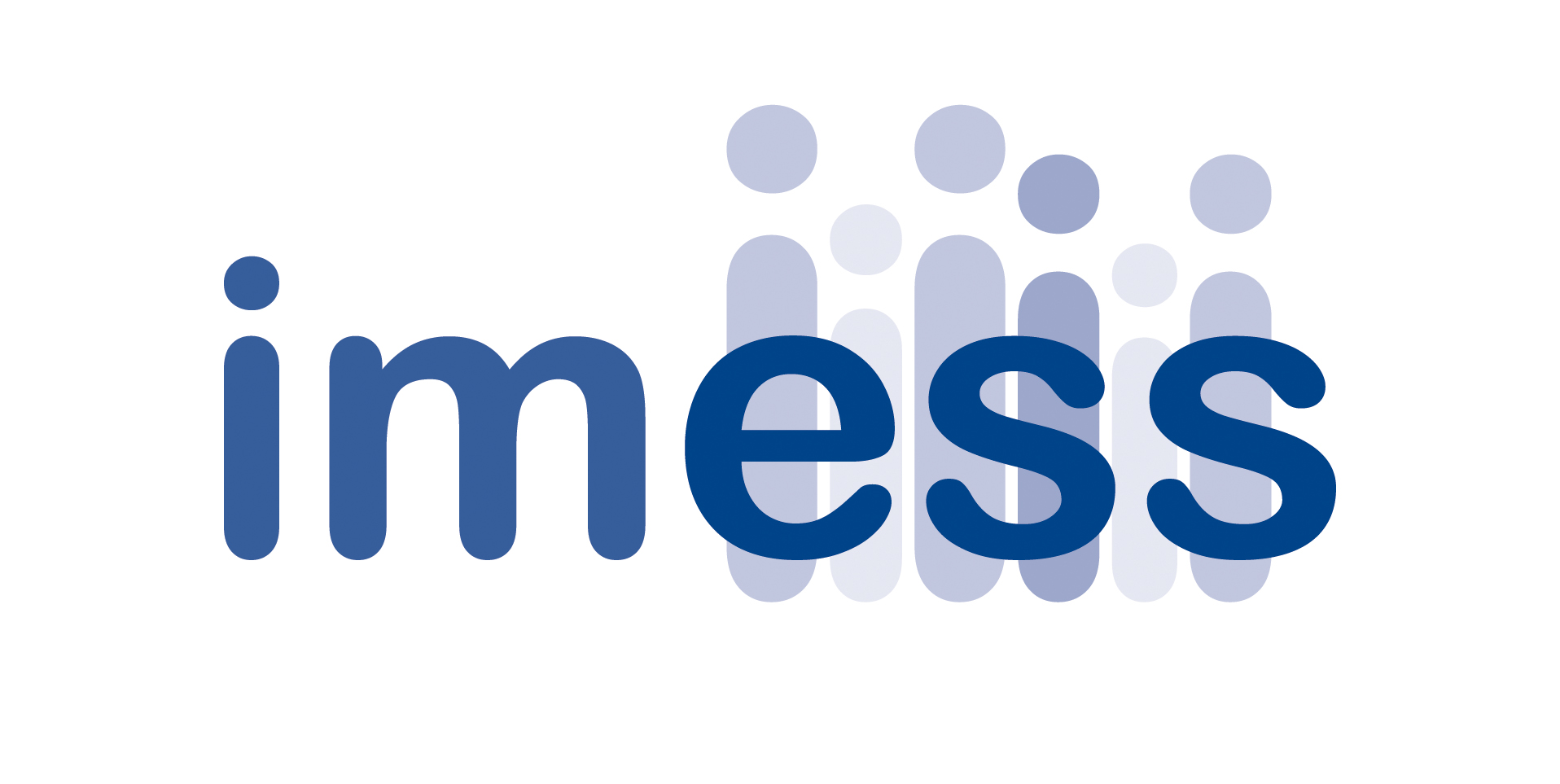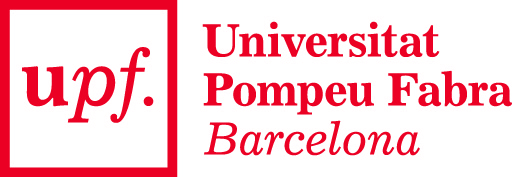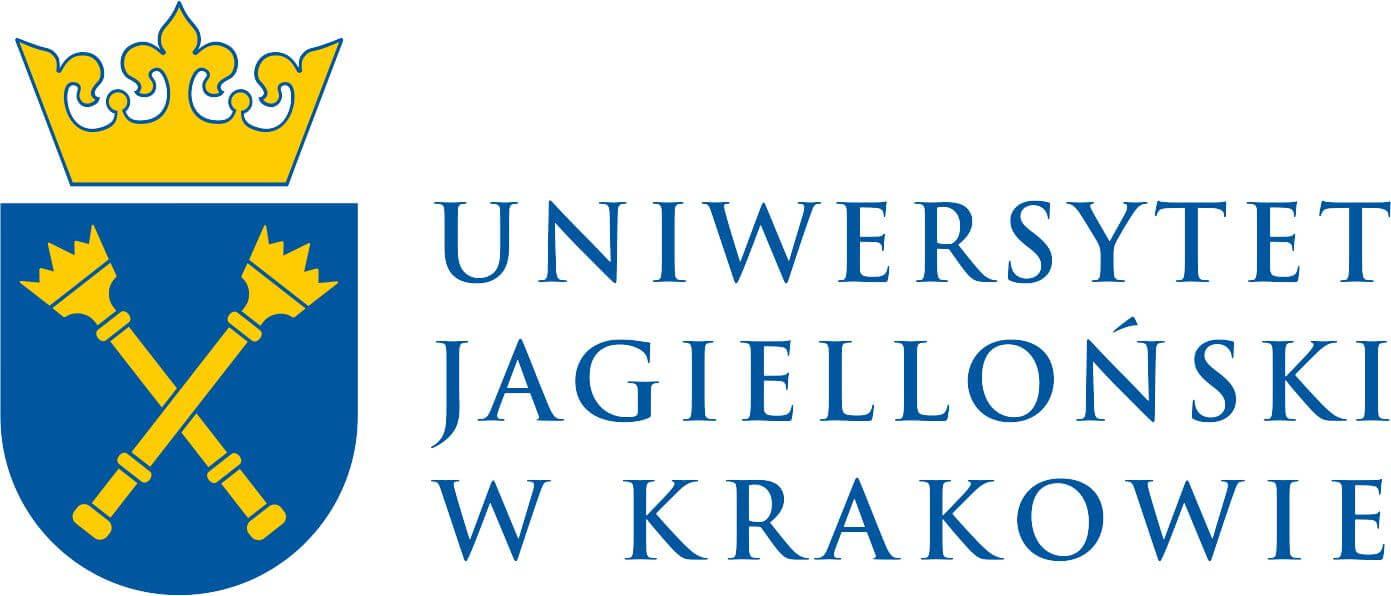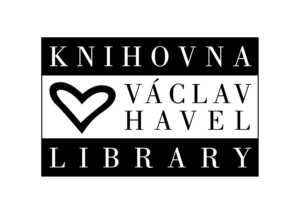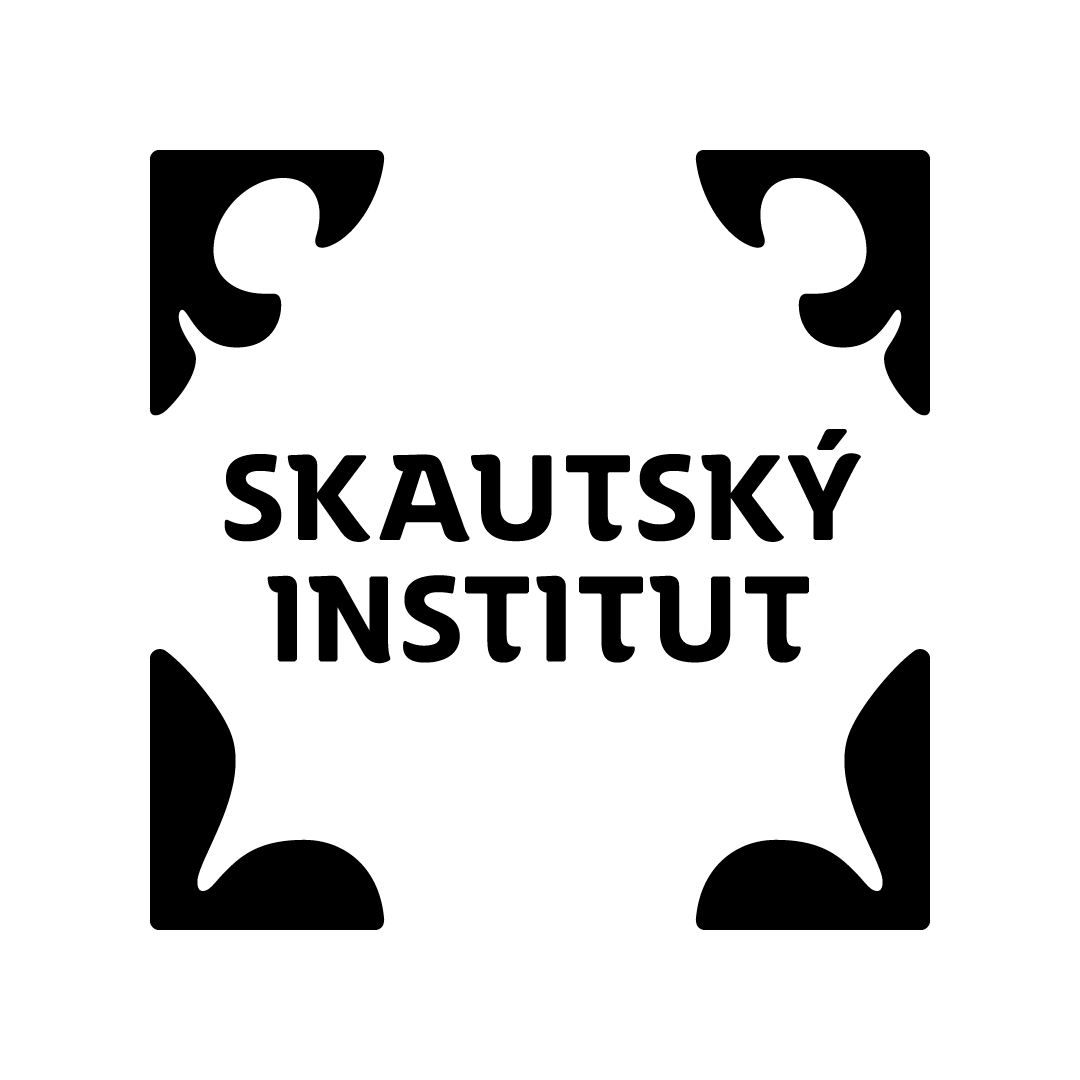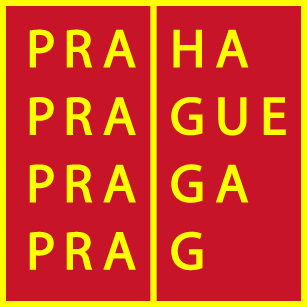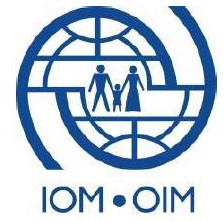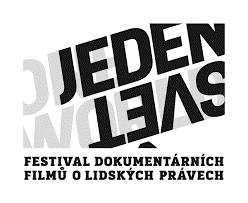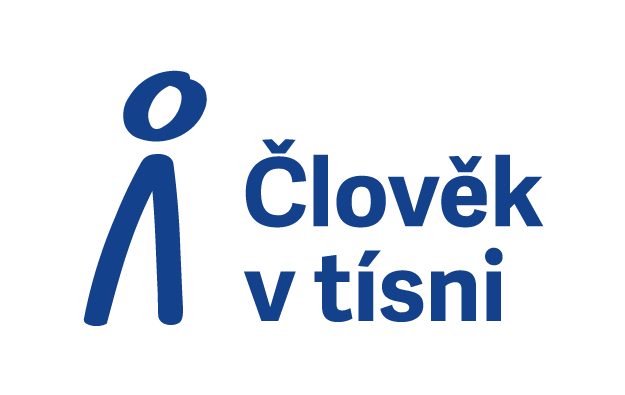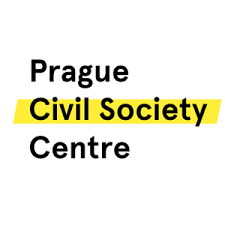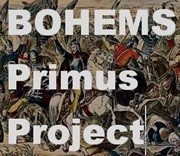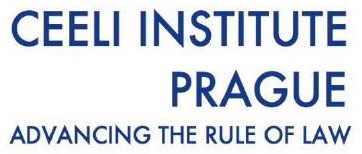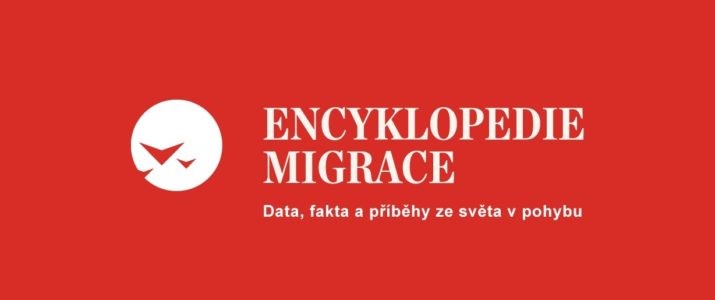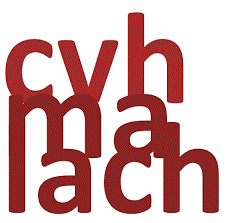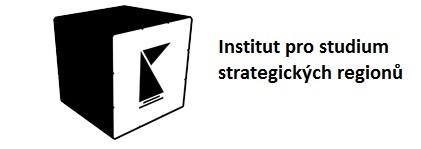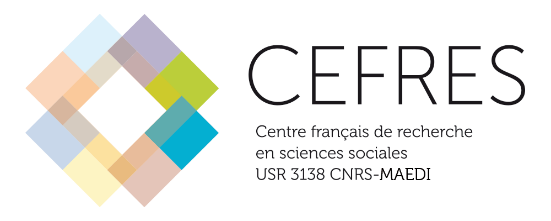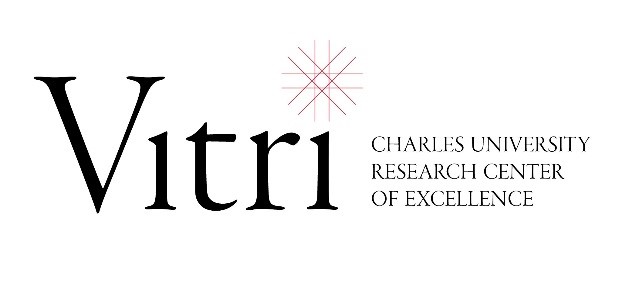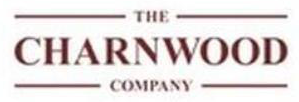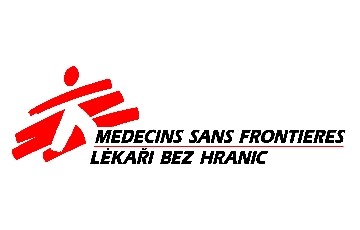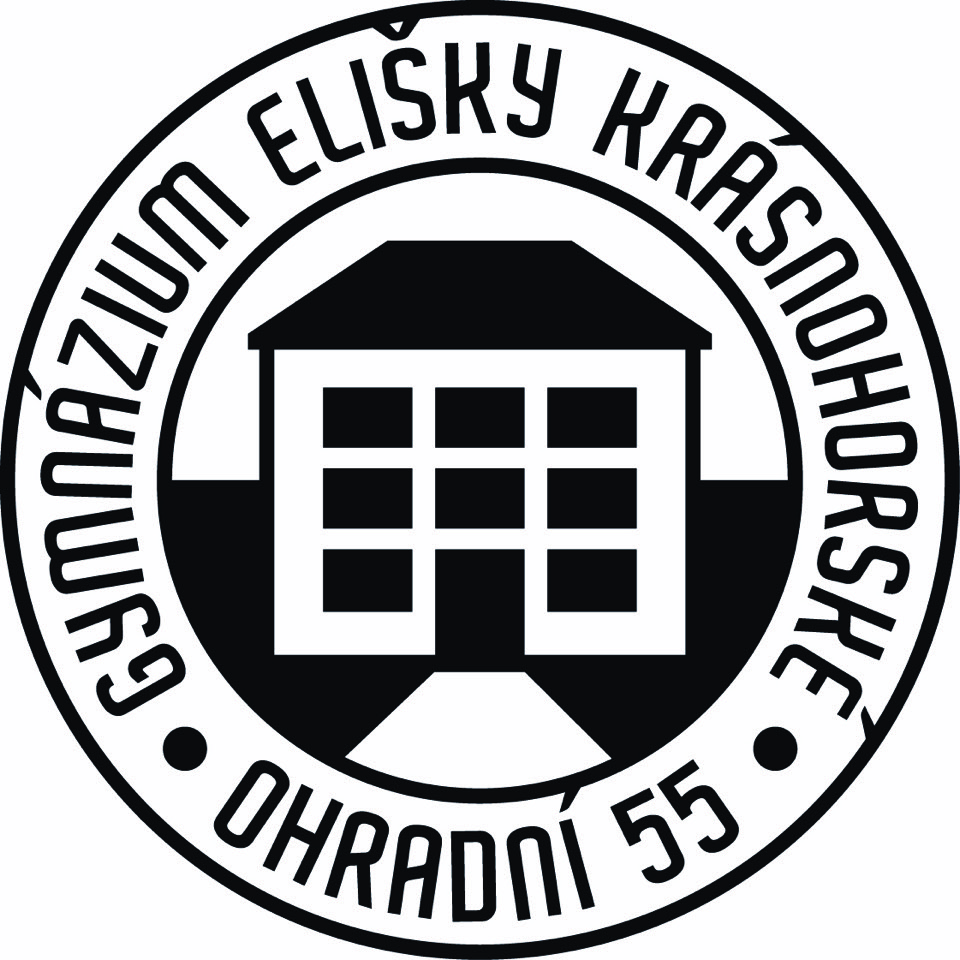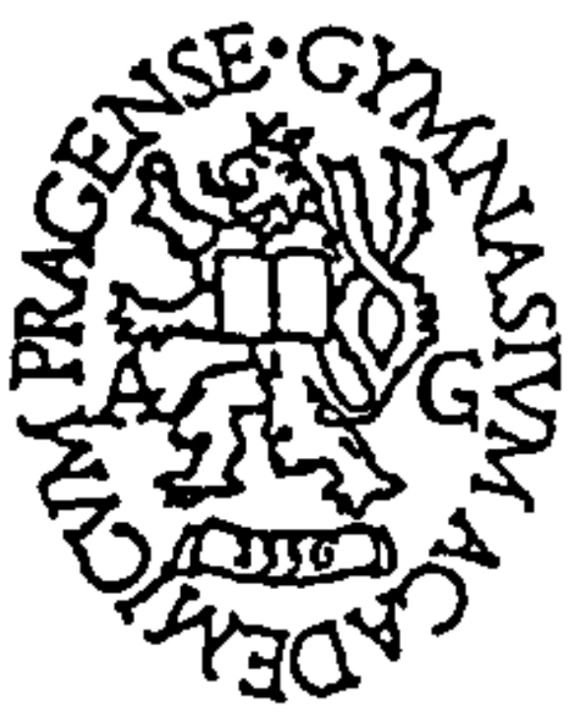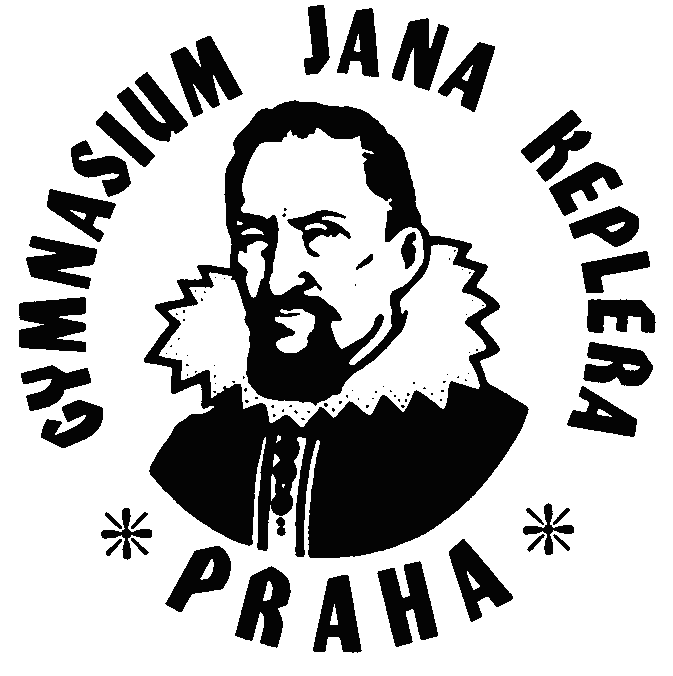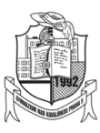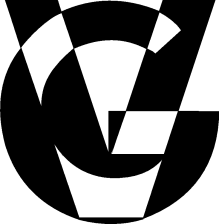Courses
Courses
To accomplish BECES, students must obtain 120 ECTS credits and pass a state examination. The curriculum comprises seven compulsory courses (60 ECTS credits in total), including mandatory courses for the specialisation (24 ECTS credits), languages (12 ECTS credits), elective courses (at least 12 ECTS credits in total), and optional courses (up to 12 ECTS credits).
Please check the complete list of courses for this study programme in the course book Karolinka. The Karolinka course list is binding and is usually the most up-to-date version as well. Pay attention to the prerequisite links between individual courses.
The state exam comprises defence of the master’s thesis and academic debate on a selected topic (beyond the thesis focus) concerning Central Europe and the Balkans (for Balkan and Central European Studies) or concerning Russia and the post-Soviet Area (for Russian and Eurasian Studies).
Course structure
|
Compulsory courses (common) |
60 ECTS |
|
Compulsory courses for Balkan and Central European Studies |
24 ECTS |
|
Compulsory courses for Russian and Eurasian Studies |
24 ECTS |
|
Foreign Languages |
12 ECTS |
|
Electives (from a list) |
Min. 12 ECTS |
|
Optional (out of a list) |
Max. 12 ECTS |
|
Total |
120 ECTS |
Compulsory Courses
Compulsory courses (common)
Compulsory core courses introduce students to the qualitative and quantitative methods in the social sciences, as well as to academic writing. The core courses are intended to provide students with the analytical skills, thus giving a solid foundation for further studies in specialised elective courses.
In total, the core courses give 60 ECTS credits.
|
Name of Course |
Semester |
Examination |
Credits |
|
Academic Writing |
SS |
Exam |
6 |
|
Introduction to Research Design |
WS |
Exam |
6 |
|
Quantitative Methods in Social Sciences |
SS |
Exam |
6 |
|
Area Studies: Theory and Methodology |
WS |
Exam |
6 |
|
Comparative and Conceptual History |
WS |
Exam |
6 |
|
MA Thesis Seminar I |
WS/SS |
Pass |
15 |
|
MA Thesis Seminar II |
WS/SS |
Exam |
15 |
Compulsory courses for Balkan and Central European Studies
|
Name of Course |
Semester |
Examination |
Credits |
|
Introduction to History, Politics and Society of East-Central and South Eastern Europe |
WS |
Exam |
6 |
|
Political Systems of East Central European Countries |
SS |
Exam |
6 |
|
Concepts and Interpretations of Central European History |
SS |
Exam |
6 |
|
Concepts and Interpretations of Balkan History |
WS |
Exam |
6 |
Compulsory courses for Russian and Eurasian Studies
|
Name of Course |
Semester |
Examination |
Credits |
|
Introduction to History, Politics and Society of Russia and Eastern Europe |
WS |
Exam |
6 |
|
Concepts and Interpretations of Russian History |
SS |
Exam |
6 |
|
Nationalism and Historiography in Central Eurasia |
WS |
Exam |
6 |
|
Problems of the post-Soviet Space |
WS |
Exam |
6 |
Languages
Language courses constitute an integral part of BECES. Students are expected to master a language that will allow them to analyse and understand the development of their region of interest at a basic level at least. Students may choose from a range of language courses offered at Charles University. Alternatively, students may find a course externally if the language is not available at the university. The choice of the course is, however, subject to the approval of the programme director.
In total, the language courses must give at least 12 ECTS credits.
|
Name of Course |
Semester |
Examination |
Credits |
|
Czech as a Foreign Language I |
WS/SS |
Exam |
6 |
|
Czech as a Foreign Language II |
WS/SS |
Exam |
6 |
|
Czech as a Foreign Language III |
WS/SS |
Exam |
6 |
|
Czech as a Foreign Language IV |
WS/SS |
Exam |
6 |
|
Russian Language I |
WS |
Exam |
6 |
|
Russian Language II |
SS |
Exam |
6 |
|
Russian Language III |
WS |
Exam |
6 |
|
Russian Language IV |
SS |
Exam |
6 |
|
Polish I |
WS |
Pass |
3 |
|
Polish II |
SS |
Pass |
3 |
|
Polish III |
WS |
Pass |
3 |
|
Polish IV |
SS |
Pass |
3 |
|
Greek Language I |
WS |
Pass |
3 |
|
Greek Language II |
WS/SS |
Pass |
3 |
|
Greek Language III |
WS |
Exam |
3 |
|
Greek Language IV |
SS |
Exam |
3 |
|
Foreign Language I* |
WS/SS |
Pass |
3 |
|
Foreign Language II* |
WS/SS |
Pass |
3 |
|
Foreign Language III* |
WS/SS |
Pass |
3 |
|
Foreign Language IV* |
WS/SS |
Pass |
3 |
* Students who find the language course externally must discuss the choice with the programme director. The programme director will then specify the course completion requirements.
Electives
Elective courses cover a wide range of specific areas, allowing students to specialise in their field of interest.
In total, the elective courses must give at least 12 ECTS credits.
You can see only a small sample of elective courses below. Please find the complete offer of more than 90 electives for this study programme here.
|
Name of Course |
Semester |
Examination |
Credits |
|
Postcommunist transition in East Central Europe |
SS |
Exam |
6 |
|
Economic Transformations in the post-Soviet Area |
SS |
Exam |
6 |
| Internal and External Security Policy in the EU | WS | Exam | 6 |
|
Ethnic Issues and Territories in Eastern, East Central and Southeastern Europe |
WS |
Exam |
6 |
|
Human Rights in post-Soviet Space |
WS |
Exam |
6 |
|
Society and Culture in Central Eurasia |
SS |
Exam |
6 |
|
Theorizing Memory: Social and Cultural Remembering |
SS |
Exam |
6 |
|
Russia after 1991 |
WS |
Exam |
6 |
|
Ukraine after 1991 |
WS |
Pass |
6 |
| Migrations in the Balkans in the 20th and 21st Centuries | WS | Exam | 6 |
| Russian-Turkish Rivalry over the Balkan and Caucasus Areas | SS | Exam | 6 |
| Images and Stereotypes of the Balkans | SS | Exam | 6 |
| World War II: Public History and Memory | SS | Exam | 6 |
| Internship for BECES | WS/SS | Pass | 3 |
Optional Courses
Off-field optional courses can be taken at any department of Charles University. Students may take a maximum of 12 ECTS credits of optional course. These credits can also be used to follow elective courses or languages. There is no minimum number of credits to be taken in this category of course (that is, all 120 credits can be gained by taking only compulsory and elective courses from the list above).


